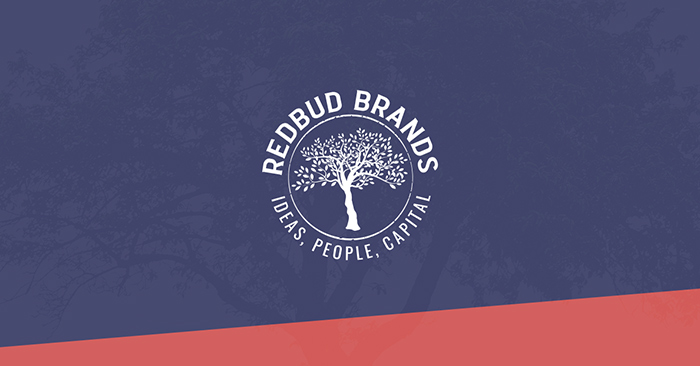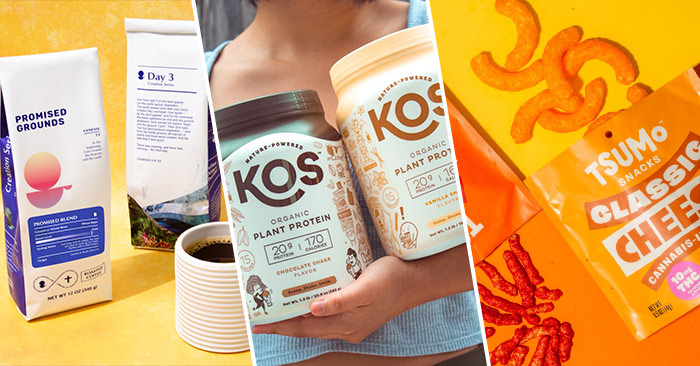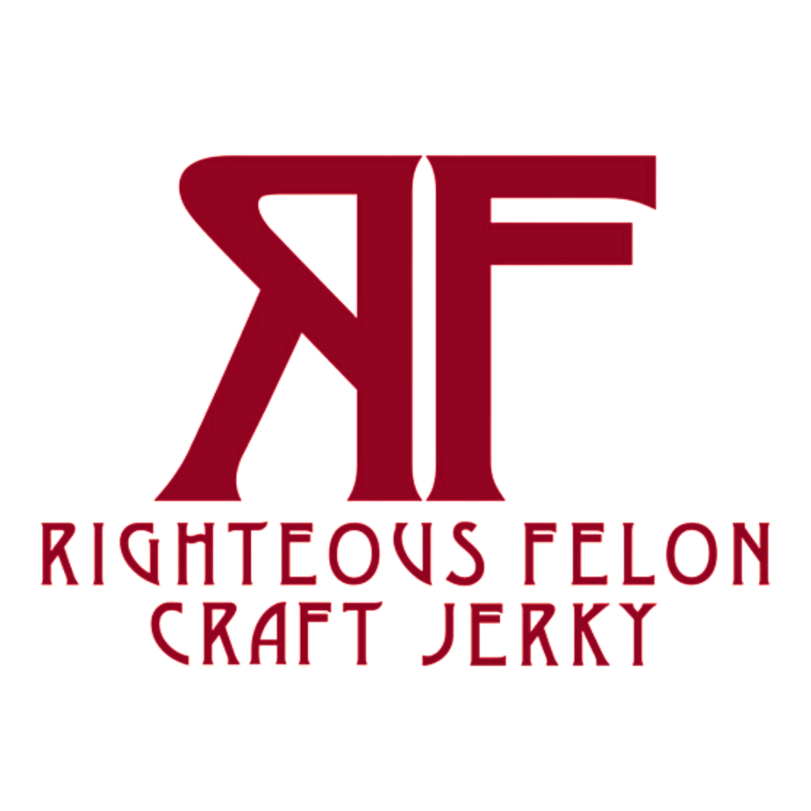Redbud Raises $46M to Build Portfolio of “Better-For-You” Consumer Businesses

Holding company and incubator Redbud Brands announced yesterday it has raised $46 million to create, fund and scale its portfolio of consumer businesses.
What is Redbud Brands?
Redbud was founded by Brian Goldberg, the former CFO, chief strategy officer & EVP of corporate development for Amplify Snack Brands. During his tenure, Goldberg oversaw the acquisition of SkinnyPop, led Amplify’s IPO’s process and ultimately participated in the company’s sale to The Hershey Company.
The bulk of Rebud’s own efforts harken back to Amplify’s own strategy, revolving around incubating early stage companies. While some of these companies are conceptualized by Redbud itself, others have external founders who are still in the development or early growth stages.
In exchange for giving up the majority of their company, founders gain access to Redbud’s team, including executives who have formerly held senior level roles at The Coca-Cola Company, Urban Decay, Disney, Live Nation, Diageo, Soylent, and GT’s Kombucha, as well as as shared services model. Redbud also offers a network of over 150 investors and advisors who can provide mentorship and advice.
Each sub-brand maintains its own team, typically run by the CEO or founder, allowing for distinct marketing strategies. Redbud’s current portfolio includes alcoholic beverages from SunDaze and Picadas, Tsumo cannabis-infused snacks, and Promised Grounds coffee.
“Think of Redbud like a co-founder that has money, ” Goldberg said. “We partner with other co-founders that have the passion. They’re the ones front and center, they’re the face of the brand.”
While Redbud initially provides the capital to get these companies off the ground, once established Goldberg said each brand will independently raise capital and could, eventually, be acquired. Tsumo Snacks and Promised Grounds, for example, have each already raised external funds.
“Rather than a startup company having to go hire an expensive marketing person or supply chain person, we leverage really great talent and they work across all of those companies, until they can stand on their own two feet, and be fundable,” Goldberg said. “Then at that point, we will take that company out for external direct financing.”
A second, smaller part of Redbud’s business model includes managing investment rounds, and directly investing in more established companies, such as Torani and KOS, which can involve check sizes of up to $50 million in total. Goldberg said this is more of an “opportunistic” part of the business, stemming from his deep roots and networks in CPG.

What Were the Details of the Raise?
The $46 million raise was led by Satori Capital, a fellow Texas-based firm whose CPG investments include SunTree Snack Foods and Torani syrup.
“We recognize consumers’ growing preference for better-for-you products, and we know that Redbud has the specialized knowledge and key relationships to capitalize on the shift toward healthier alternatives,” Satori Capital co-founder Randy Eisenman said in a release. “The Redbud team’s experience across many consumer verticals and their ability to add both strategic and operational value to their portfolio companies gives them a true advantage that we think will create tremendous value for our stakeholders.”
Sands Capital, VMG Partners and “numerous other consumer industry entrepreneurs and executives” also took part in the round. VMG previously backed Sonoma Brands, a similar holding company that has incubated brands such as Smashmallow, Zupa Noma and Peckish and has invested in companies such as HUM, Milk Bar, Hu Kitchen and Beekeeper’s Naturals.
The round brings Redbud’s total funding to-date to roughly $50 million, following a friends and family round in 2020 and Goldberg’s personal financing prior to that.
What is the Raise For?
Capital will be used to incubate and launch a greater pool of early stage brands, provide more runway for existing companies and bring on new hires and incremental resources to benefit its portfolio companies.
The funding will not be used to invest in larger stage companies, however, with those rounds run via separate special purpose vehicles on a case-by-case basis.
What’s the Opportunity?
For brands, Goldberg said, Redbud’s deep bench of talented executives is a key point of differentiation. Goldberg himself also has experience with this sort of model. Founders are able to focus on creating their businesses and executing, he said, versus having to spend time talking to investors and worrying about where their next round of funding will come from
There are other incubators or holding companies that have similar strategies around launching, acquiring or investing in brands that they help grow:Venice Brands, HumanCo, M13, and SonomaBrand, among others. However, many of these other incubators or holding companies also invest over a broad breadth of categories, making the shared service model more tricky to execute. Redbud, Goldberg said, instead largely focuses on food, beverage and supplements and looks to tweak existing product concepts, rather than trying to “break new ground,” in order to minimize risk.
There’s benefits for Redbud and its investors as well. By investing early, the company can get into brands before there is more competition — something that Goldberg said is becoming increasingly more important as the sheer amount of investors and capital available increases. For Redbud’s investment partners, they also gain an early look into brands.
“In this space when something gets a little traction, everybody knows about it pretty quickly,” Goldberg said. “Then it gets really competitive and the valuations start skyrocketing.
















